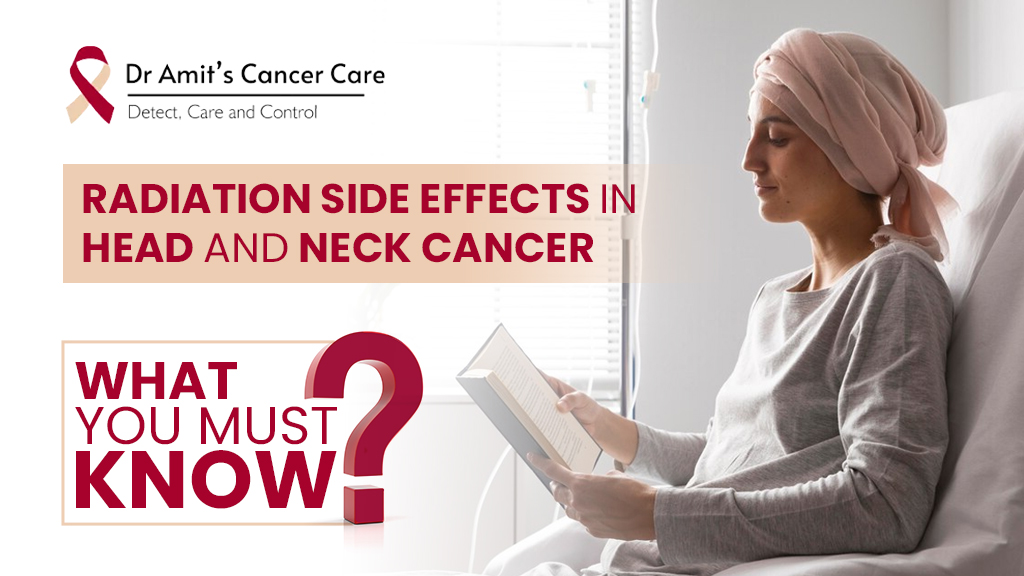Lip cancer is a severe condition that affects many individuals, and early detection is crucial for successful treatment.
This article will provide comprehensive information on identifying the early stages of lip cancer, why they should not be ignored, and steps you can take for prevention and treatment.
What is Lip Cancer?
Lip cancer refers to the abnormal growth of cells in the lips, most commonly in the form of squamous cell carcinoma. This type of cancer usually develops on the lower lip but can also affect the upper lip.
Various factors, including excessive sun exposure, tobacco use, alcohol consumption, and a weakened immune system, can cause lip cancer.
It is essential to understand these risk factors to take preventive measures and identify potential warning signs.
Causes and Risk Factors
The primary cause of lip cancer is prolonged and unprotected exposure to ultraviolet (UV) radiation from the sun or tanning beds. UV radiation damages the DNA in cells, leading to genetic mutations that can result in cancerous growth. Other risk factors for lip cancer include:
Tobacco Use: Smoking cigarettes, cigars, or pipes increases the risk of lip cancer. The harmful chemicals in tobacco can damage the cells in the lips, leading to abnormal growth.
Alcohol Consumption: Heavy alcohol use, especially tobacco use, can increase the risk of lip cancer. Alcohol weakens the immune system, making it harder for the body to fight off cancerous cells.
Weakened Immune System: Individuals with a weakened immune system, such as those who have undergone organ transplants or have HIV/AIDS, are more susceptible to developing lip cancer.
Early Signs and Symptoms
Lip cancer often begins with subtle changes in the lips that may go unnoticed. However, knowing the early signs and symptoms can significantly affect early detection and treatment. Here are some key indicators to look out for:
Lip Discoloration: Pay close attention to any changes in the color of your lips. Look for red, white, or dark discoloration patches that do not go away. These changes may indicate abnormal cell growth.
Persistent Sores or Lumps: If you have sores or lumps on your lips that do not heal within two weeks, it is essential to have them evaluated by oncologists. These can be signs of lip cancer or other oral health conditions.
Changes in Texture: Notice any persistent roughness or thickening of the lip skin? Changes in texture can be an early sign of lip cancer. Additionally, numbness or tingling in the lips should be taken seriously and evaluated by a doctor.
Pain or Discomfort: While lip cancer may not always present with pain, any ongoing pain or discomfort in the lips that cannot be attributed to any other cause requires medical attention.
Remember, these signs and symptoms may also indicate other less severe conditions. However, it is crucial not to ignore them and seek appropriate medical evaluation for an accurate diagnosis.
Differential Diagnosis
It is essential to differentiate between lip cancer and other common conditions that may mimic its symptoms. Cold sores, for example, are often mistaken for lip cancer due to their similar appearance.
However, cold sores are typically temporary and accompanied by a tingling sensation. Canker sores, on the other hand, are benign and tend to heal within two weeks.
If you are unsure about any oral lesion, it is best to consult an oral cancer surgeon in Mumbai for a proper diagnosis.
When to Seek Medical Attention
Early detection of lip cancer significantly increases the chances of successful treatment. Therefore, it is crucial to be aware of the red flags that indicate the need for immediate medical attention. Some warning signs include:
Persistent sores or lumps on the lips that do not heal within two weeks.
Unexplained colour changes or patches on the lips.
Changes in lip texture, such as persistent roughness or numbness.
Ongoing pain or discomfort in the lips.
If you notice any of these symptoms, you must schedule an appointment with a dermatologist or an otolaryngologist (ear, nose, and throat specialist) for further evaluation.
Must Watch This Video
Diagnosis and Treatment
If your cancer doctor suspects lip cancer, they will conduct a thorough medical evaluation, which may include a physical examination and imaging tests.
A biopsy, where a small tissue sample is taken for analysis, is often performed to confirm the diagnosis.
Once diagnosed, the treatment options for lip cancer depend on the stage and extent of the disease.
Common treatment modalities include surgery, radiation therapy, and chemotherapy. Sometimes, a combination of these treatments may be used to ensure the best possible outcome.
Prevention and Self-Care
While lip cancer can be a severe condition, there are steps you can take to reduce your risk and promote overall oral health. Here are some preventive measures and self-care tips to consider:
Sun Protection: Protect your lips from harmful UV radiation by wearing a broad-brimmed hat, using sunscreen lip balm with a high SPF, and seeking shade during peak sun hours.
Quit Smoking: If you smoke, quitting is one of the most effective ways to reduce your risk of developing lip cancer. Seek support from oncologist or support groups for assistance.
Limit Alcohol Intake: Moderating your alcohol consumption can help decrease your risk of lip cancer. Stick to recommended limits and avoid heavy drinking.
Maintain Good Oral Hygiene: Brush and floss your teeth regularly, and visit your dentist for routine check-ups. A healthy mouth can help prevent oral health conditions, including lip cancer.
Healthy Diet: Eat a well-balanced diet with plenty of fruits and vegetables. These foods are rich in antioxidants, which can help protect against cancerous cell growth.
Regular Self-Examination: Perform monthly self-examinations of your lips and oral cavity. Look for any changes in color, texture, or sores or lumps. If you notice anything concerning, seek medical attention promptly.
Remember, early detection is critical to successful treatment and improved outcomes. Be proactive in monitoring your oral health, and consult an oncologist with any concerns.
Conclusion
Lip cancer is a severe condition that requires prompt attention. By understanding the risk factors, recognizing the early signs and symptoms, and taking preventive measures, you can reduce your risk of developing lip cancer and ensure early detection if it does occur.
Remember to seek medical attention if you notice any changes in your lips that persist for more than two weeks or if you experience ongoing pain or discomfort.
With awareness and proactive care, you can take steps towards maintaining oral health and overall well-being. Stay vigilant and prioritize your oral health today for a brighter, healthier tomorrow.






